Never Openweight Championship Belt
$299.00
Celebrate wrestling greatness with our Never Openweight Championship Belt Replica. Crafted with precision and designed for fans, this replica is the ultimate prize for wrestling enthusiasts. Order now and own a piece of wrestling history!
Features:
-
Premium Quality: Crafted to the highest standards to ensure durability and authenticity.
-
Free Fast, Secure Shipping With Tracking: Enjoy peace of mind with our reliable and trackable shipping service.
-
Hand-painted Letters: Each letter is meticulously hand-painted for an original and personalized touch.
-
4MM Zinc Plates with Gold Plating: The plates are crafted with 4mm zinc material and finished with luxurious gold plating.
-
Soft Leather Strap: The strap is made from genuine leather for a comfortable fit and feel.
-
Bubble Wrap Packaging: Your belt is packed in bubble wrap to prevent damage during shipping.

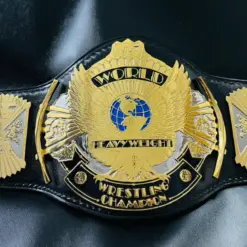
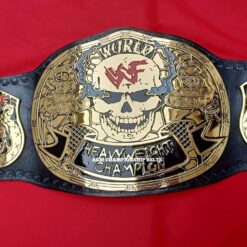
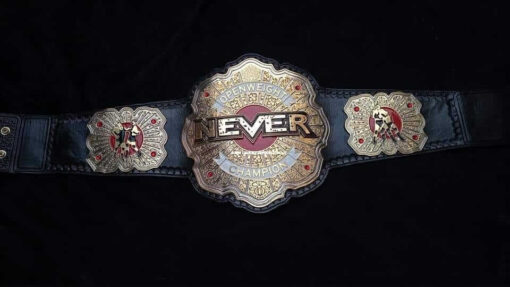
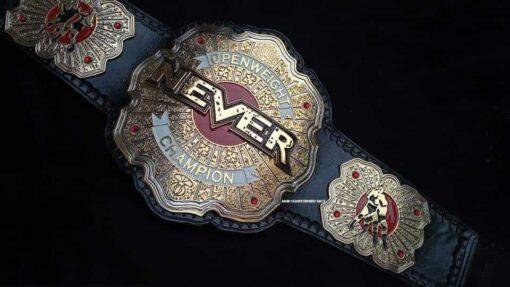
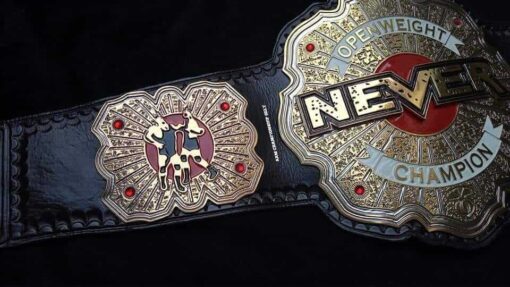
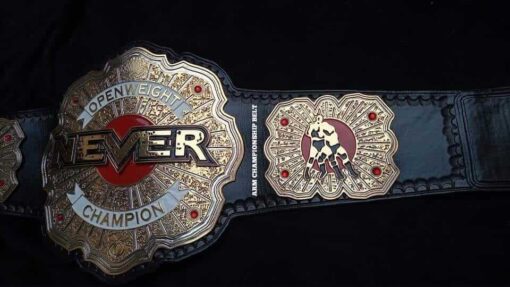
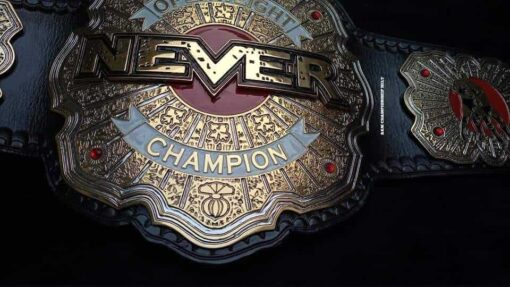
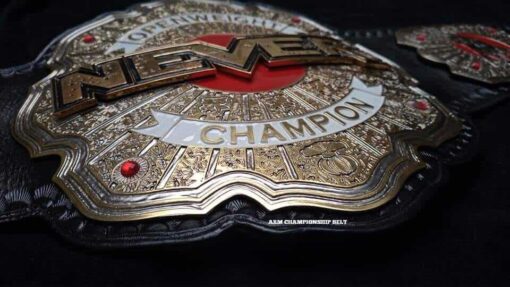
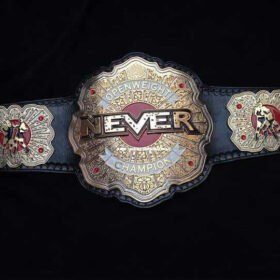
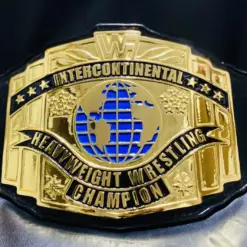
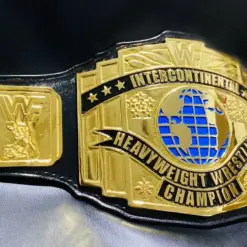
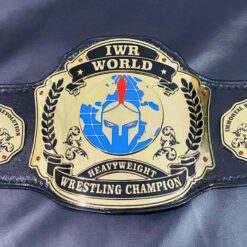
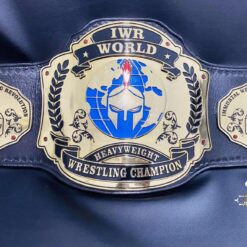
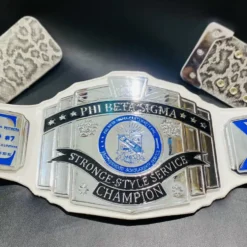
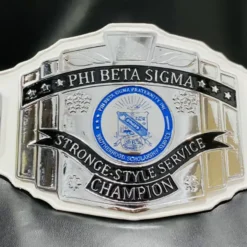
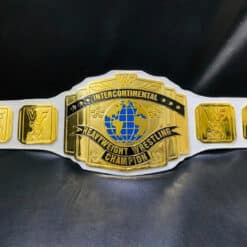
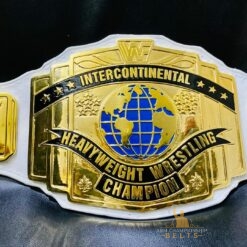


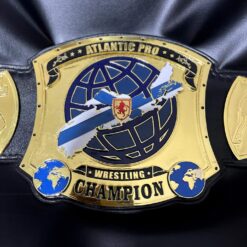
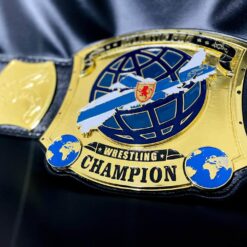
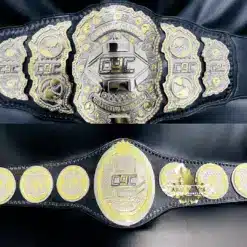
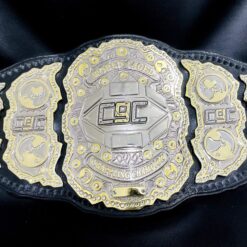
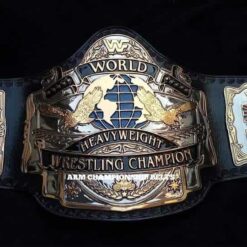
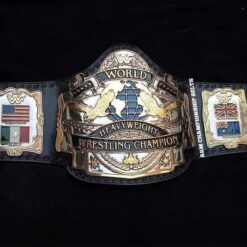
Reviews
There are no reviews yet